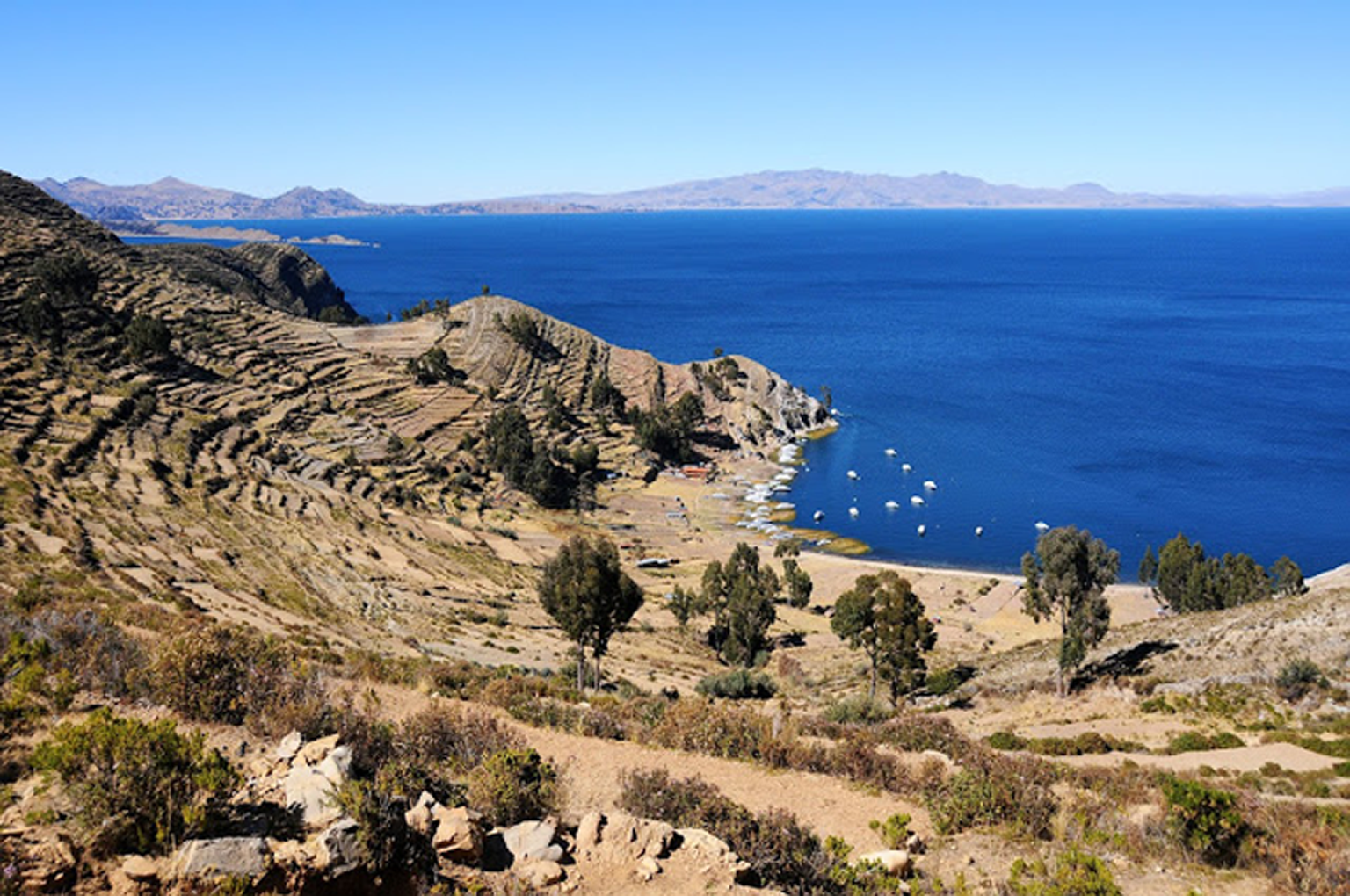- Posted by:
- anjci
- Under:
- Eurovision
There were few surprises in this year’s Eurovision Song Contest.
Having held, for years, the unenviable record of winless Eurovision participation, Portugal finally took the trophy home. The country’s song “Amar Pelos Dois” performed by Salvador Sobral won hearts all over Europe in 2017, collecting an impressive 758 points and ensuring Portugal’s first ever Eurovision victory.
However, victory was by no means guaranteed. Italy’s Francesco Gabbani had amassed a major following in Europe with his catchy “Occidentali’s Karma”, clocking up 112 million views on YouTube in the run-up to the finals and winning the prestigious Sanremo Music Festival earlier in 2017. The Italian entry featured an iconic dance move (look out for it on the Mediterranean beaches this summer!), but may have peaked too early, ultimately finishing 6th. Italy had qualified automatically as part of the Big Five, but, on this relatively rare occasion, undoubtedly would have qualified on its own accord – because if a dancing gorilla on stage doesn’t guarantee you a smooth passage to Eurovision finals, nothing will.
It was another early favourite, Bulgaria’s Kristian Kostov, that put up the biggest fight against Portugal in this year’s Eurovision. Born and raised in Russia, the 17-year-old singer had successfully participated in several Russian talent shows and was visibly comfortable on the stage despite his young age, finishing 2nd with 615 points.
Celebrating diversity since 1956
The key theme of this year’s Eurovision Song Contest was “Celebrate Diversity”. Somewhat in contradiction to this, the contest was hosted by three male presenters (“three white males” in the words of Graham Norton, the UK’s TV commentator) for the first time in the Eurovision history.
Roughly evenly split by gender, the participants themselves showed a better example: out of 26 finalists, there were 14 fully male acts, 10 fully female and 2 mixed. Australia and Hungary were both represented by ethnic minority singers. Special credit goes to two entries advancing inter-species diversity: Italy’s dancing gorilla and Azerbaijan’s “Trojan horse” logically standing on top of a ladder during the main singer’s performance (more on that later).
Without political votes what are we
It is not widely known that telephone voting (“televote”) is a relatively recent phenomenon at Eurovision. For the first 40 years of Eurovision history, each participating country’s votes reflected the opinion of a demographically balanced jury made up of ordinary citizens (“jury vote”). This changed in 1997, when several countries used televote for the first time to deliver their votes. The rules have further evolved since then, and today every participating country combines jury vote and televote 50/50, effectively presenting two separate votes.
The main reason for preserving the jury vote was to lessen the effect of the so-called “political” voting, when countries that share borders, historical ties or languages vote for one another out of bias. The political voting is what Eurovision has come to be strongly associated with over the years, and, ironically, continues to endear many Eurovision fans as a feature unique to Eurovision.
This year’s Eurovision was no different, and the jury was of little help. In Greece, both the jury and the public awarded the maximum 12 points to Cyprus (who returned the favour), while Moldova did the same to Romania. Sweden received double 12 points from Denmark, Albania gave theirs to Italy, and, predictably, Portugal duly collected its double “douze-point” from Spain. And it was only political voting that spared Spain from finishing with a dreaded “nul-point”: the only 5 points the country’s Manel Navarro received came, generously, from Portugal.
And on to nominations
From Greece’s giant footbath to Sweden’s perfectly synchronised treadmill, from Belarus’ hippie wedding to Austria’s “man on the moon”, a lot of thought must have gone into making the finalists’ acts memorable. To continue the utterly unnecessary (but fun) tradition of previous years, I am pleased to announce my own Eurovision winners and losers in fairly random categories.
Starting with the worst lyrics, my award goes to “Gravity” representing Cyprus. Now, I am sure that “I’ll catch you when you fall, when you’re falling free / Let me be your gravity” makes perfect sense in some parallel universe, but, in this world, the first part of this sentence literally describes the opposite of gravity.
The identity crisis award is awarded to Romania’s “Yodel It!”. As the title no doubt gives away in a less-than-subtle manner, the piece featured some heavy yodelling, interspersed by – because obviously? – some rapping. Without checking my notes, I think I can safely confirm that Romania became the first country ever to combine yodelling with rap in a Eurovision entry (and possibly ever).
Further, Azerbaijan’s Dihaj stole the best stage set award hands down. Tucked away into the corner of a dark room purpose-built on the stage, the singer had no way of escape except for the strategically positioned ladder, the only piece of “furniture” in the said room. Unfortunately, the ladder was being mounted by a motionless man with a horse’s head – not only blocking the exit, but also making us all frantically recap the amount of alcohol consumed on the night.
The worst dance act goes to an otherwise fine performance by Moldova’s “Sunstroke Project”. Described by the band members as “iconic” (it is difficult not to agree), the dance itself mainly revolved around the trio marching on the spot and tapping one foot awkwardly on one side. Which was fine until three appropriately decked out brides joined the trio in dance, turning the whole thing… well, into a perfect Eurovision bonanza. I change my mind: this actually deserves the best dance act.
This year, I will also give out a special award for the best effort to perform in a national language. The Grand Final heavily featured Anglophone entries, with 22 out of 26 songs performed at least partly in English. While Australia, Ireland and the UK can be excused for obvious reasons, only four other participants remained fully true to their national heritage: Belarus, Hungary, Italy and Portugal, all setting a good example for future finalists. My top award goes to Hungary: not only was the country represented by Joci Pápai (an ethnic Roma), the entry was also written entirely in Hungarian and featured motives of traditional Roma music. Needless to say I was suitably impressed.
Speaking of the UK, I was at first moved to tears to hear Lucie Jones insist she would “Never Give Up On EU” – only to be brutally disappointed minutes later, when it became clear the singer’s song was a love anthem, not a political statement.
And, last but not least, the best song title award unquestionably goes to Bulgaria’s “Beautiful Mess”. Finally someone managed to capture the essence of Eurovision in nothing more than a title. Stay tuned for Portugal’s first Eurovision in 2018!












Eurovision 2018: Chicken pop, Dracula lookalikes and others | ANJCI ALL OVER says:
May 17, 2018 at 9:54 am
[…] READ MORE: EUROVISION 2017: PORTUGAL ENDS DECADE LONG WAIT FOR VICTORY […]
2017 Newsletter | ANJCI ALL OVER says:
December 22, 2017 at 6:53 pm
[…] forward to Eurovision (my least favourite song of the contest won) and my C2 exam in Greek (I passed!), and it was time to go to Greece again. I know, I know – it […]
Comments are closed.